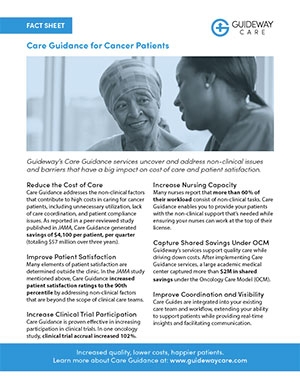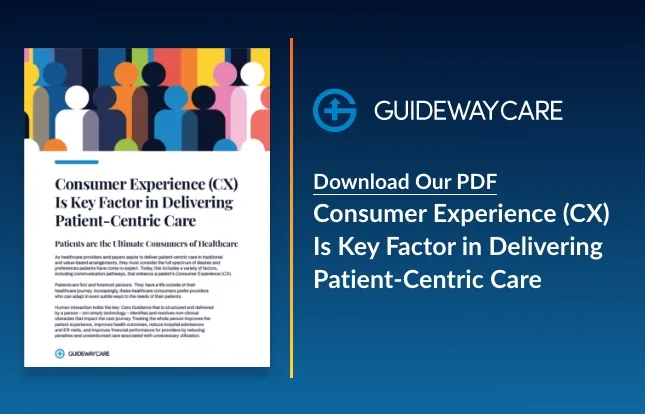What is a MEOS Payment?

A Monthly Enhanced Oncology Services (MEOS) payment is part of the two-part payment system specific to the Oncology Care Model (OCM). Under OCM, participating Medicare-enrolled physician groups continue to receive regular fee-for-service (FFS) Medicare payments, but also receive a MEOS payment of $160 per-beneficiary for delivery of “enhanced services,” as well as a retrospective performance-based payment for the OCM episode, which lasts six months from the start of chemotherapy. MEOS payments could be substantial for many OCM participants, with $160 per month over a six-month episode totaling $960 per episode. Practices with 1,000 episodes would receive close to $1 million in MEOS payments.
Enhanced Services
CMS defines the “enhanced services” required in order to receive a MEOS payment as:
- The core functions of patient navigation;
- A care plan that contains the 13 components in the care management plan outlined in the Institute of Medicine report, “Delivering High-Quality Cancer Care: Charting a New Course for a System in Crisis”;
- Patient access 24 hours a day, 7 days a week to an appropriate clinician who has real-time access to practice’s medical records; and
- Treatment with therapies consistent with nationally recognized clinical guidelines.

Guideway Care Guidance services support quality care while driving down costs. After continuing Care Guidance services, a large academic medical center captured more than $2M in shared savings under OCM.
Download the fact sheet on Care Guidance for cancer patients to learn more.
The MEOS Payment and Care Coordination
The OCM was launched by CMMI in order to improve the quality of care cancer patients receive at the same or lower cost. OCM was introduced as a five-year model as a five-year model (2016-2021) in order to test payment strategies designed to produce higher quality care, lower costs, and better outcomes.
The “enhanced services” that must be delivered in order to receive a MEOS payment are essential to achieving the goals of OCM, but many participating practices did not initially have the infrastructure/resources in place to provide these services. The Monthly Enhanced Oncology Services payment is intended to assist participating practices by providing the financial resources to support their capabilities in care management and coordination.
MEOS and OCM 2.0
With the initial term of OCM drawing to a close in 2021, those with an interest in the model are looking to the future. The Community Oncology Alliance (COA) recently proposed an alternative to OCM in June 2019, known as OCM 2.0. COA submitted OCM 2.0 to the Physician-Focused Payment Model Technical Advisory Committee (PTAC), an advisory committee that evaluates physician-focused payment models for the Secretary of Health and Human Services (HHS).
OCM 2.0 seeks to address the challenges participants face in the current iteration of OCM and improve upon the existing model. One of the key components discussed by COA in its 2.0 proposal is the need for participants to continue to receive some sort of care coordination fee in support of care management and coordination services which it deems “essential if oncology practices are to be a true medical home for patients with cancer.”
With the overwhelming burden of cancer on the U.S. healthcare system and the continued focus on value-based payment models, the Oncology Care Model will help shape the future of cancer care. Care coordination, and by extension, some form of the MEOS payment, will also likely have a role to play in future iterations of OCM.
More OCM Resources:
Guideway Care reduces unnecessary utilization/cost of care and improves patient compliance and satisfaction. Request more information about how Guideway can help you succeed under OCM today.
Contact Us Today To Learn How We Can Help
"*" indicates required fields




